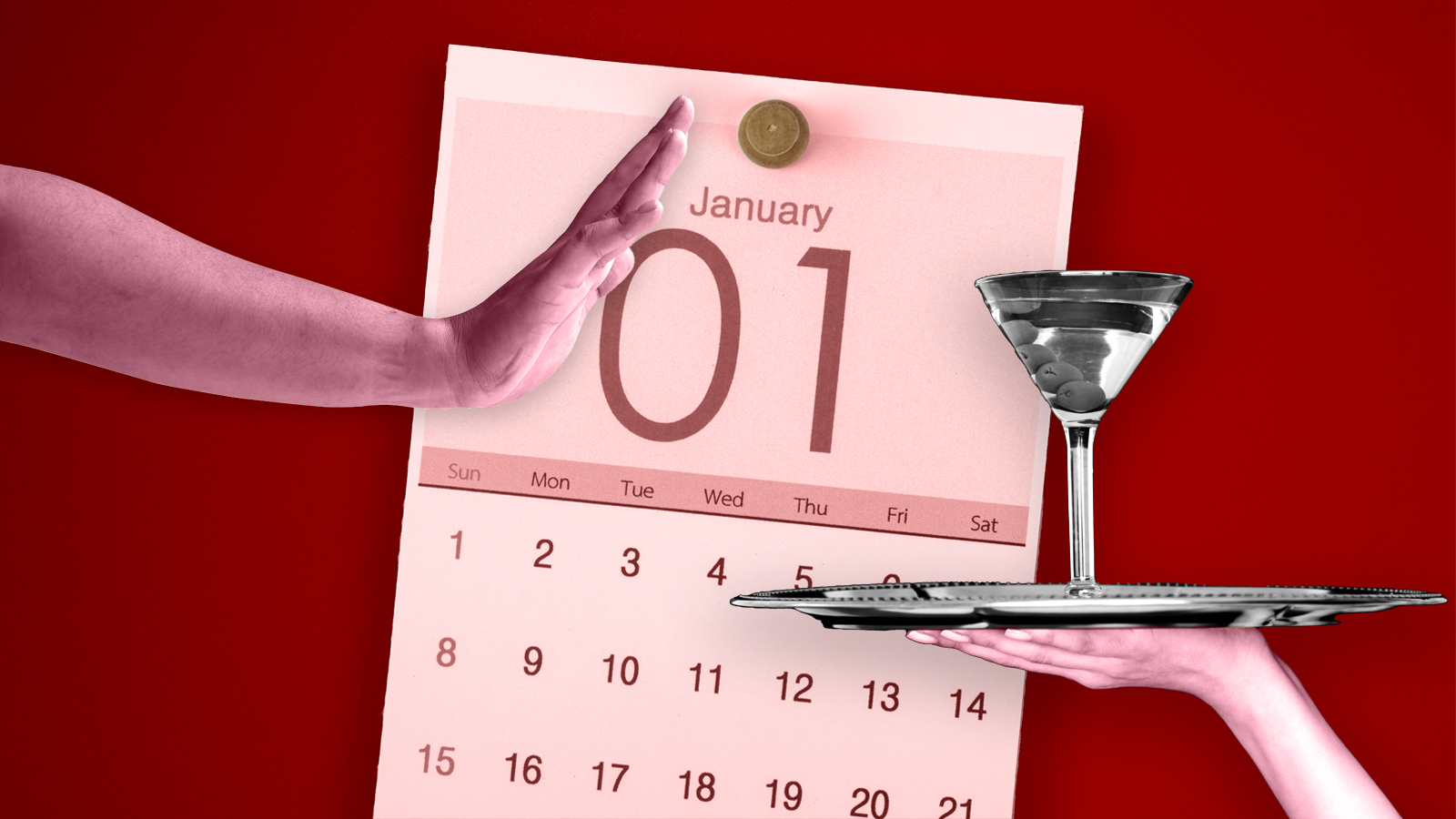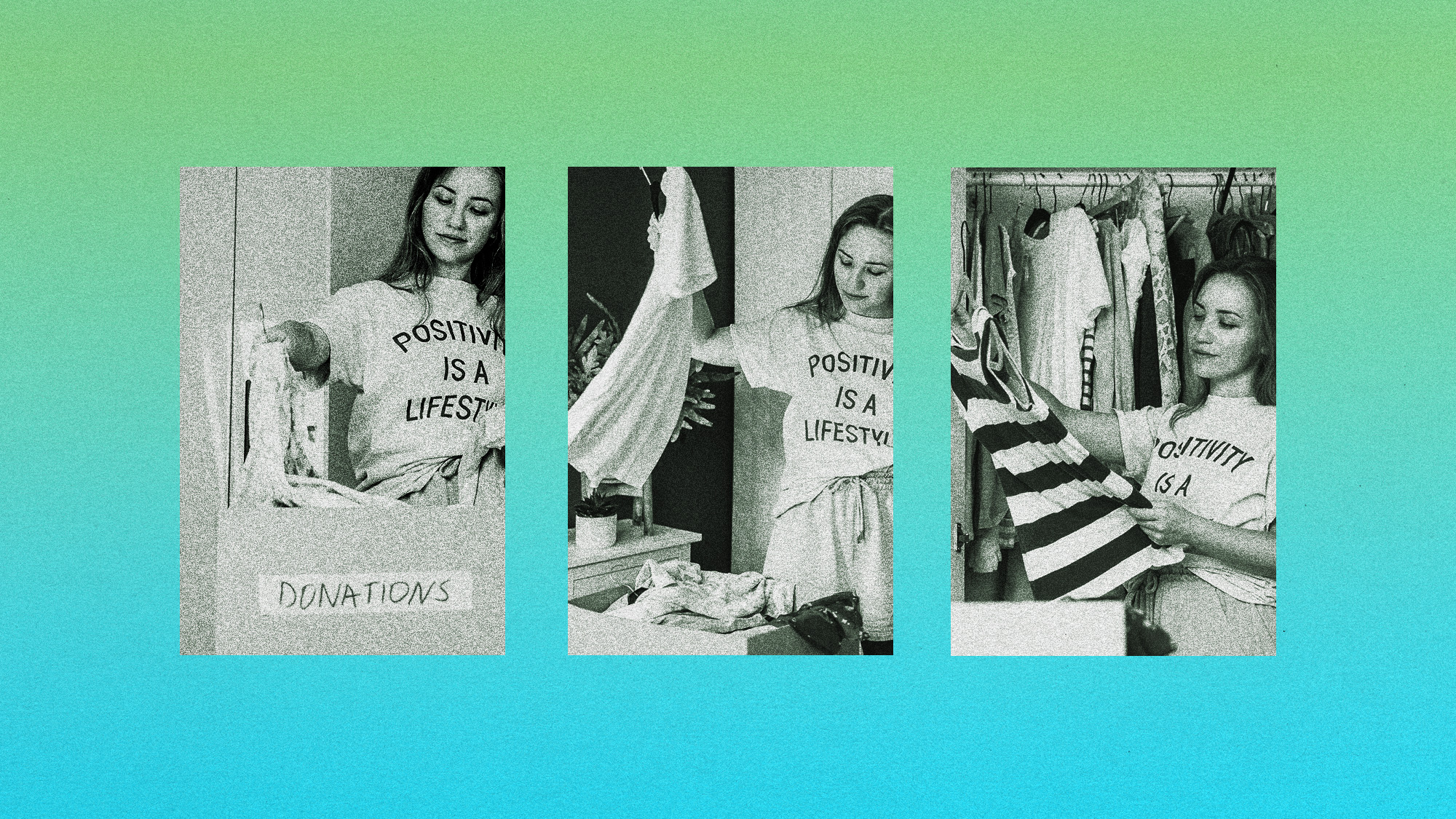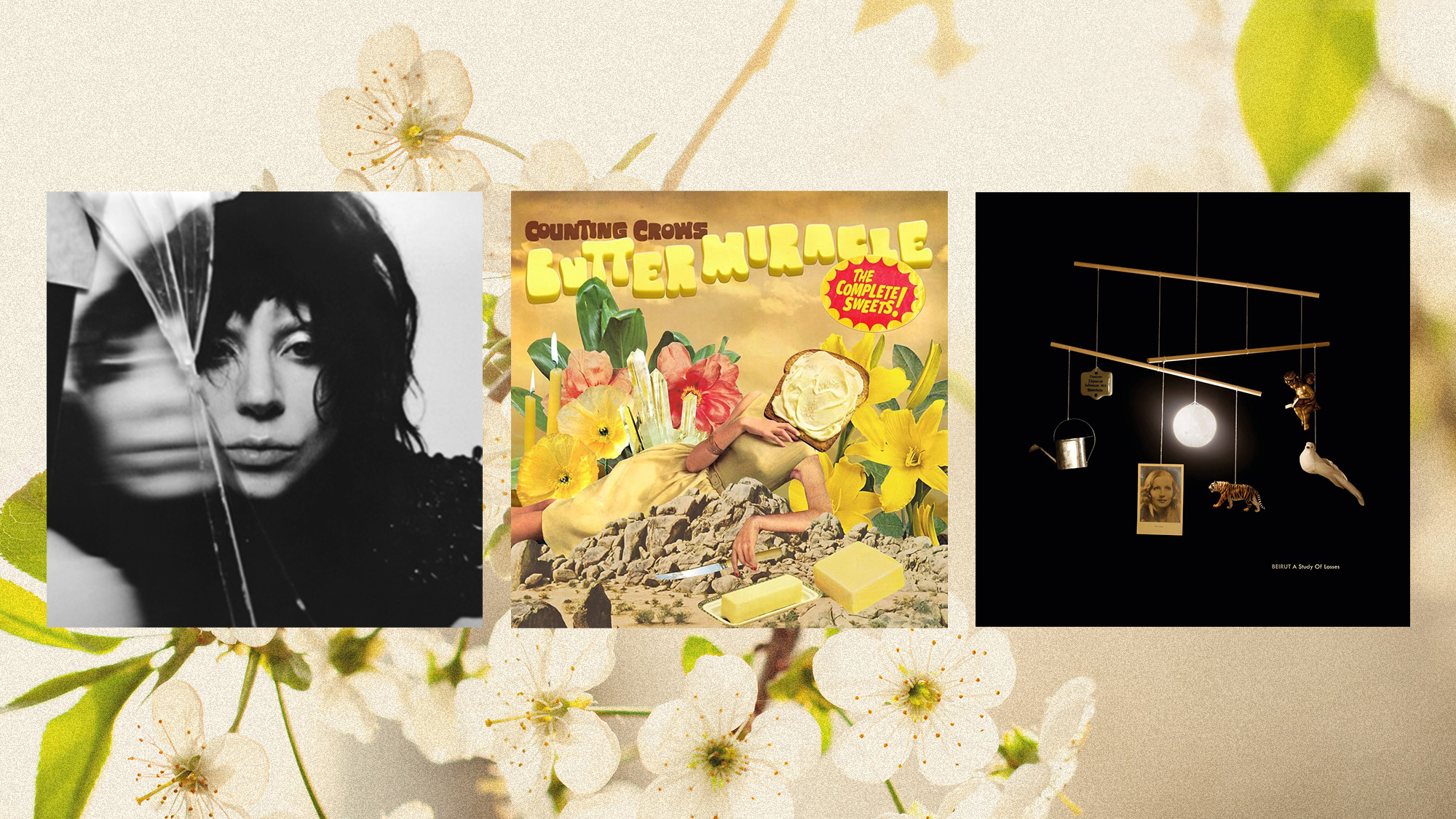Dry January, explained
Why passing on alcohol in the first month of the year is becoming increasingly popular


A free daily email with the biggest news stories of the day – and the best features from TheWeek.com
You are now subscribed
Your newsletter sign-up was successful
After emerging from the overindulgence of the holiday season, many people use the first month of the year to reset their habits or reflect on things they like to change. Along with food, alcohol can play a significant role in the festivities, which is why it's no surprise that some people are drawn to the month-long abstinence challenge called Dry January. While some might scoff at the challenge as another opportunity for a failed New Year's resolution, it continues to become increasingly popular worldwide. Is Dry January another social media fad, or can it really change your relationship with alcohol? Here's everything you need to know:
What is Dry January?
Dry January is a month-long alcohol sobriety challenge that involves abstaining from drinking for the first month of the year. The challenge is a part of a public health campaign launched in 2013 by the non-profit Alcohol Change UK, making this the 10th anniversary of Dry January. Emily Robinson, the creator of the challenge, launched the campaign after she noticed the benefits of taking a month off from alcohol to prepare for a half marathon.
"The objective of Dry January is not long-term sobriety — it's long-term control," Richard Piper, the CEO of Alcohol Change UK, told The Washington Post. "It's about understanding your subconscious triggers, overcoming those, and learning how good it is to not drink. It gives you the power of choice for the rest of the year."
The Week
Escape your echo chamber. Get the facts behind the news, plus analysis from multiple perspectives.

Sign up for The Week's Free Newsletters
From our morning news briefing to a weekly Good News Newsletter, get the best of The Week delivered directly to your inbox.
From our morning news briefing to a weekly Good News Newsletter, get the best of The Week delivered directly to your inbox.
Alcohol Change UK reports that 4,000 people signed up for the challenge in the first year, and since then, it has grown exponentially, with over 130,000 signing up to participate in the challenge in 2022. The popularity has also spread globally, including in other European countries and the United States. Over the past few years, more people have been attempting to start the year off with a month of abstinence, which is not surprising, given the lasting effects of the COVID pandemic on people's relationships with alcohol.
Recent consumer spending statistics from the U.S. Bureau of Economic Analysis show that November's spending on alcoholic beverages was 3 percent higher than the previous year and 15 percent higher than the period right before the pandemic. A recent study by the U.S. Centers for Disease Control and Prevention showed that the U.S. saw a 26 percent increase in alcohol-related deaths during the first year of the pandemic. Still, the popularity of the month-long detox continues to grow. A Morning Consult poll conducted from Jan. 4-5, 2022, with 2,085 U.S. adults, found that 19 percent were participating in "Dry January," up from 13 percent the previous year.
Is Dry January worth it?
The answer to that question depends on the person. Everyone has unique relationships with alcohol, so what works for one person may not be best for another. Still, studies show some benefits to participating in Dry January. A 2019 University of Sussex study found that 71 percent of people who participated in the challenge said they slept better, and 67 percent felt more energetic. More than half of them lost weight or reported better skin, at 58 and 54 percent, respectively. The research also showed that many participants were still drinking less by August. Dr. Richard de Visser, the Sussex psychologist who ran the study, said that the results were not confined to those who successfully abstained from drinking the whole month.
He said, "Interestingly, these changes in alcohol consumption have also been seen in the participants who didn't manage to stay alcohol-free for the whole month — although they are a bit smaller. This shows that there are real benefits to just trying to complete Dry January."
A free daily email with the biggest news stories of the day – and the best features from TheWeek.com
Outside of helping people improve their physical and mental health, the challenge also has other lasting benefits for participants. In the Sussex study, 93 percent of participants had a sense of achievement after the challenge, 88 percent saved money, and 82 percent said they now put more effort into thinking about their relationship with drinking.
While the benefits of Dry January make it a worthwhile endeavor for many looking to change the way they drink, attempting to abruptly quit drinking can be dangerous for those with a severe dependency on alcohol. Alcohol Change UK posted a warning on the official Dry January site: "Stopping drinking suddenly can be very dangerous, and can even kill you if you are dependent on alcohol." They warn that if you begin to experience withdrawal symptoms, such as seizures, hand tremors, or anxiety, after abstaining from drinking, you should seek medical help immediately.
Writing for The Cut, Ana Marie Cox advised against planning to start your sobriety on Jan. 1, a day that is culturally "weighted … down with almost unbearable pressure to change, to be 'better.'" Symbolic start dates for sobriety "have something else in common besides the import assigned to them: They are usually not today. They are usually not right now," she added. "Those of us who struggle to control our drinking pick a special date to dry out not because we want to stop drinking but because we don't want to."
What are some tips experts give for having a successful Dry January?
Having a plan for how you intend to navigate sobriety for the month can go a long way toward ensuring your success. If you come up with a strategy for coping with cravings or temptation, especially in social settings, you'll be more likely to stick to the challenge.
Experts say that finding a community of people to hold you accountable or to participate alongside you will make it easier to make it through Dry January. Signing up for the challenge on the Alcohol Change UK website could help you find an online community if your friends and family aren't options. The Sussex University study found that those who used the Alcohol Change UK free Try Dry app to track their progress and engage with a community of participants were twice as likely to navigate Dry January successfully. The non-profit also offers coaching emails to keep you engaged.
Another helpful tip is to find a new favorite drink. Instead of drinking alcohol, you could drink tea, juice, or coffee, but there is also a wealth of non-alcoholic mocktails, wines, and beers to choose from. Research shows that the sober-curious movement has spawned a boom in non-alcoholic options in the adult beverage industry. Sober bars that only serve booze-free options are also popping up all over the country.
Making it through the challenge can be difficult, but slipping up does not mean you fail. Be kind to yourself; it doesn't have to be all or nothing. Set achievable goals, and find a way to make your commitment work for you. Dr. Vanessa Kennedy, director of psychology at Driftwood Recovery, told Women's Health magazine: "Make a plan to course-correct and learn from it. Take the time to understand why you drank and make a plan for how to stay sober through the situation next time."
Theara Coleman has worked as a staff writer at The Week since September 2022. She frequently writes about technology, education, literature and general news. She was previously a contributing writer and assistant editor at Honeysuckle Magazine, where she covered racial politics and cannabis industry news.
-
 How the FCC’s ‘equal time’ rule works
How the FCC’s ‘equal time’ rule worksIn the Spotlight The law is at the heart of the Colbert-CBS conflict
-
 What is the endgame in the DHS shutdown?
What is the endgame in the DHS shutdown?Today’s Big Question Democrats want to rein in ICE’s immigration crackdown
-
 ‘Poor time management isn’t just an inconvenience’
‘Poor time management isn’t just an inconvenience’Instant Opinion Opinion, comment and editorials of the day
-
 How to navigate dating apps to find ‘the one’
How to navigate dating apps to find ‘the one’The Week Recommends Put an end to endless swiping and make real romantic connections
-
 Let these comedians help you laugh your way through winter
Let these comedians help you laugh your way through winterThe Week Recommends Get some laughs from Nate Bargatze, Josh Johnson and more
-
 5 tips for decluttering to get you through spring cleaning and beyond
5 tips for decluttering to get you through spring cleaning and beyondThe Week Recommends Organizing your space does not have to be quite so stressful
-
 10 upcoming albums to stream in the hazy spring
10 upcoming albums to stream in the hazy springThe Week Recommends Ring in the end of the cold weather with some new music
-
 10 concert tours to see this spring
10 concert tours to see this springThe Week Recommends As winter comes to an end, check out a variety of live performances
-
 Meghan Markle's new Netflix show and the media backlash
Meghan Markle's new Netflix show and the media backlashTalking Point With Love, Megan offers fresh insights into her 'mind-bogglingly exclusive lifestyle' in California
-
 Cult of 5am: the pros and cons of early rising
Cult of 5am: the pros and cons of early risingPros and Cons Do early start routines help you win the day or just exhaust you?
-
 The unfortunate, ongoing disappearance of 'third places'
The unfortunate, ongoing disappearance of 'third places'The explainer People are losing the sublime art of hanging out
